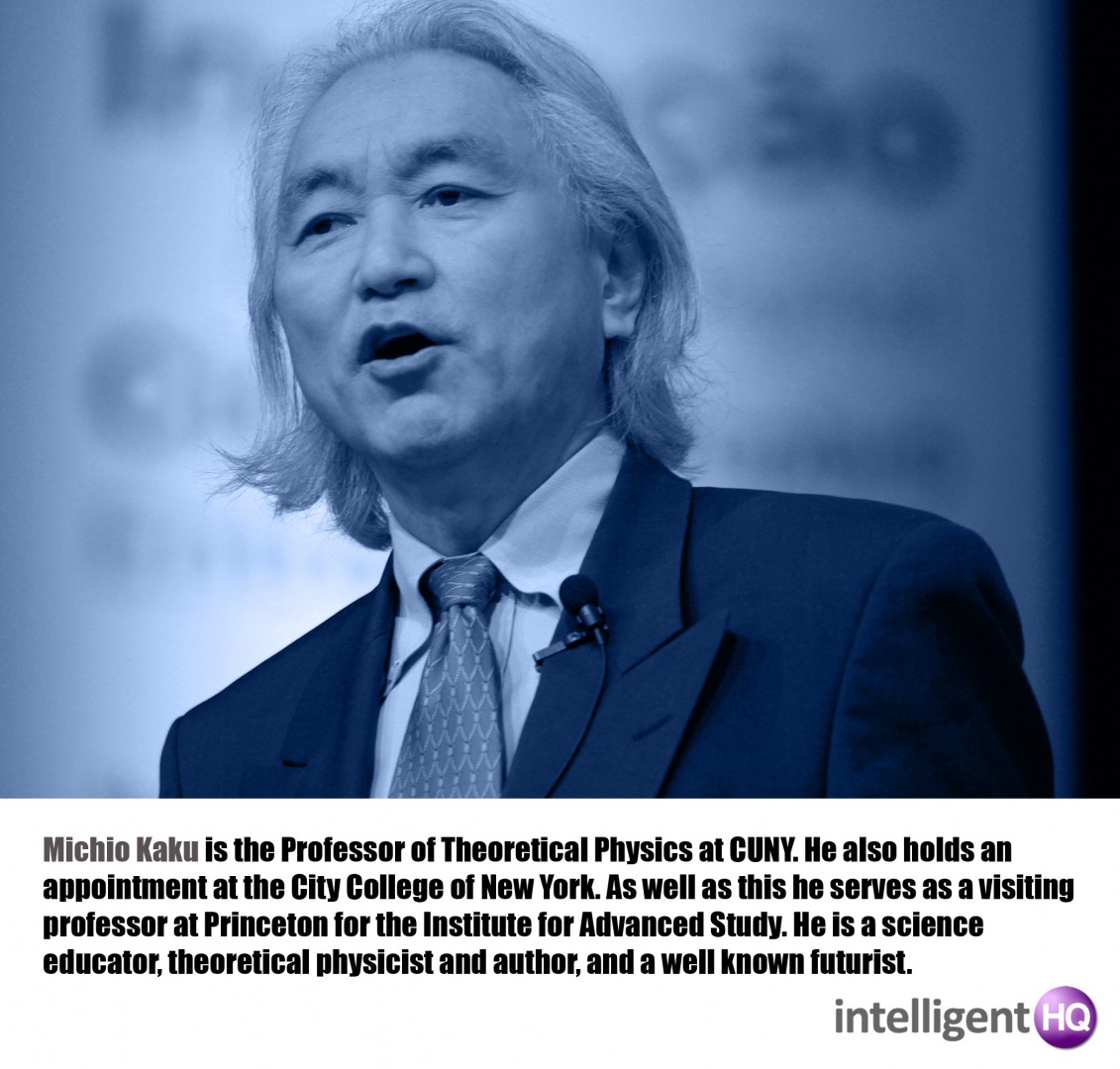

Many jobs have been on the line historically, but no one really said much about them. Kaku has a simple explanation for the doom-mongering around ChatGPT: “Journalists are hyperventilating about chatbots … because they see that their job is on the line. That’s the universal law of technology – that it can be used for good or evil He speaks at the pace of a practised lecturer, with the occasional outbreak of mild bemusement pitching his voice a little higher. Though he has the long white hair of the stereotypical mad scientist, it is swept back elegantly. “I talk about what is known and not known about time travel, space warps, the multiverse, all the things you see in Marvel Comics, I break it down.” His website describes him as a “futurist and populariser of science” and his new book, Quantum Supremacy, sketches out all the promise of quantum computing and very little of the downside. A fan of Isaac Asimov, he tells me that he’s currently teaching a course on the physics of science fiction. Seventy-six and retired from research, he still teaches at the City University of New York where he is professor of theoretical physics and gets to do the fun stuff.

He talks to me via Zoom from his apartment on Manhattan’s Upper West Side. Kaku seems pretty relaxed about it all – some might say boosterish. Another physicist has likened it to putting “a rocket engine in your car”. Computers will no longer use transistors, but subatomic particles, to make calculations, unleashing incredible processing power. He believes we are about to leave the digital age behind for a quantum era that will bring unimaginable scientific and societal change. These pangs followed the launch last year of ChatGPT, a chatbot that can write you an essay on Milton as easily as it can generate a recipe for everything you happen to have in your cupboard that evening.īut what if the computers used to develop AI were replaced by ones able to make calculations not millions, but trillions of times faster? What if tasks that might take thousands of years to perform on today’s devices could be completed in a matter of seconds? Well, that’s precisely the future that physicist Michio Kaku is predicting. An open letter, signed by such luminaries as Yuval Noah Harari and Elon Musk, called for research into the most advanced AI to be paused and measures taken to ensure it remains “safe … trustworthy, and loyal”. The United Nations has urged all governments to implement a set of rules designed to rein in artificial intelligence. H ave you been feeling anxious about technology lately? If so, you’re in good company.


 0 kommentar(er)
0 kommentar(er)
